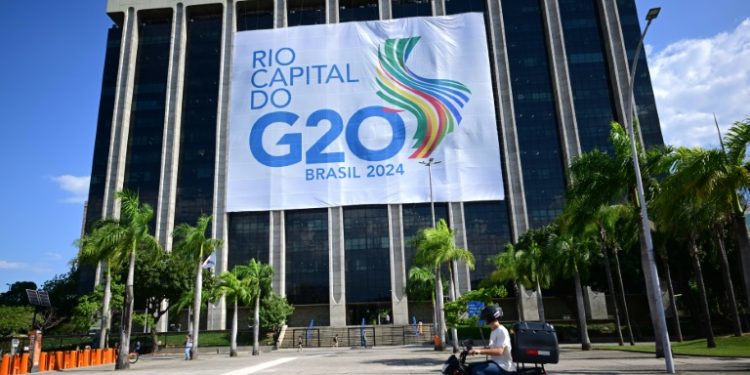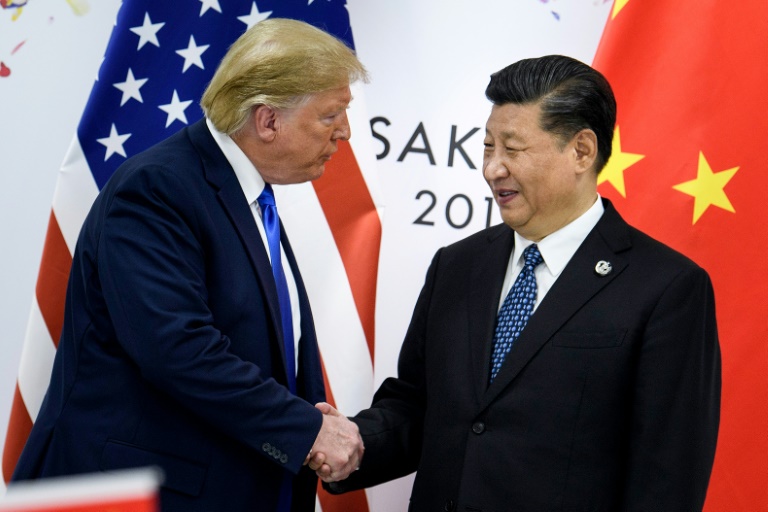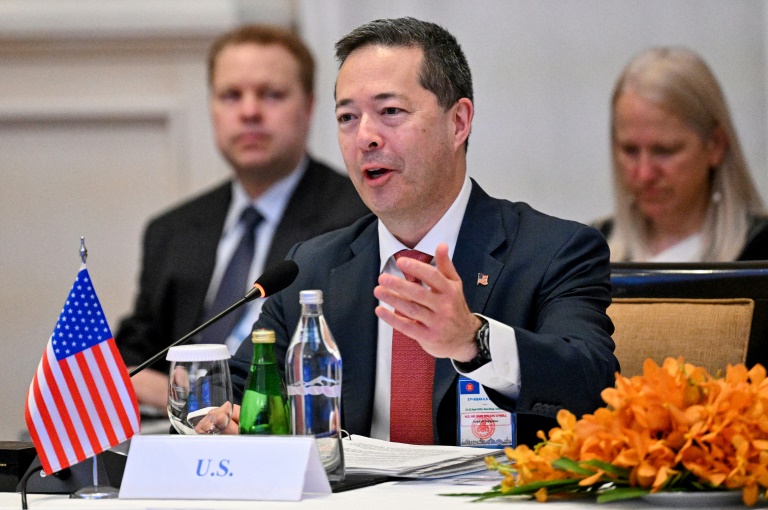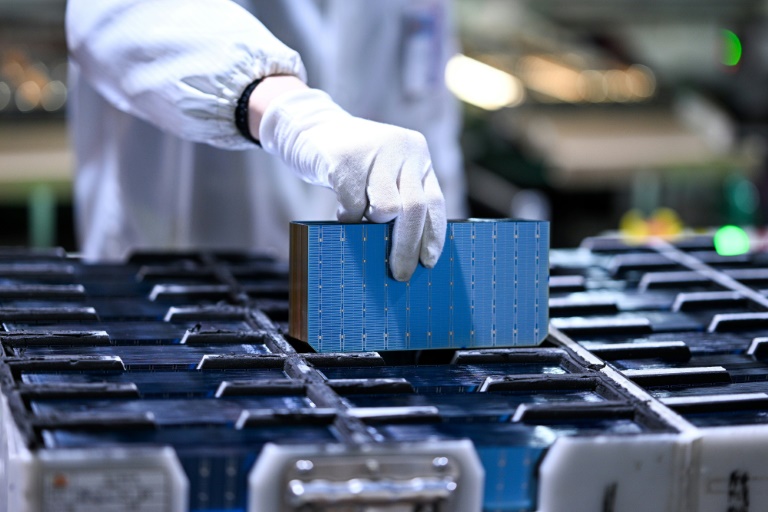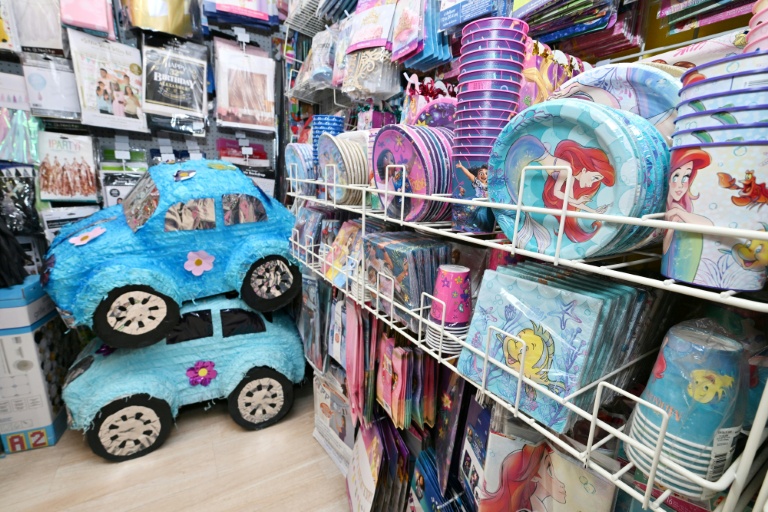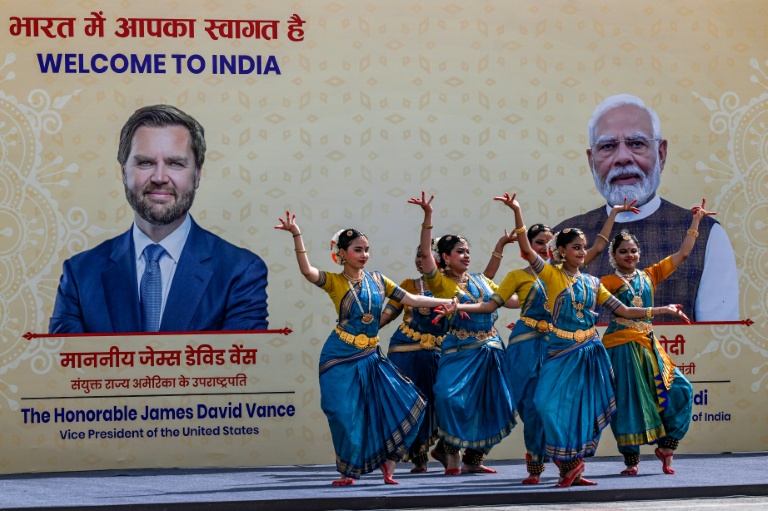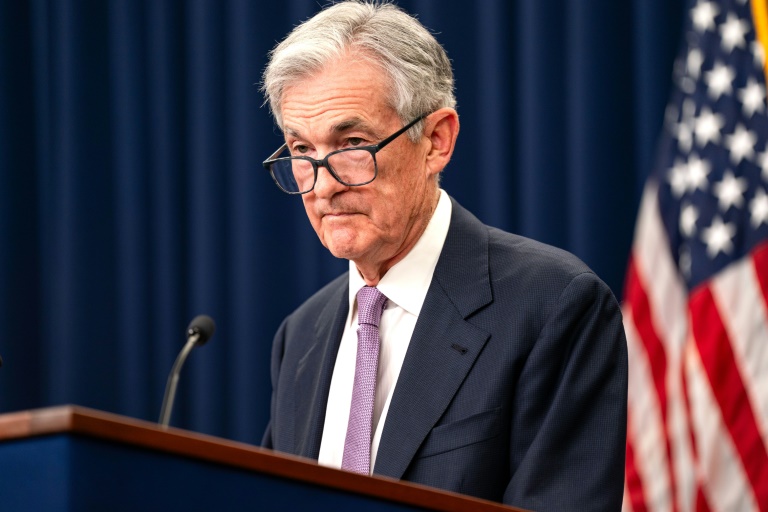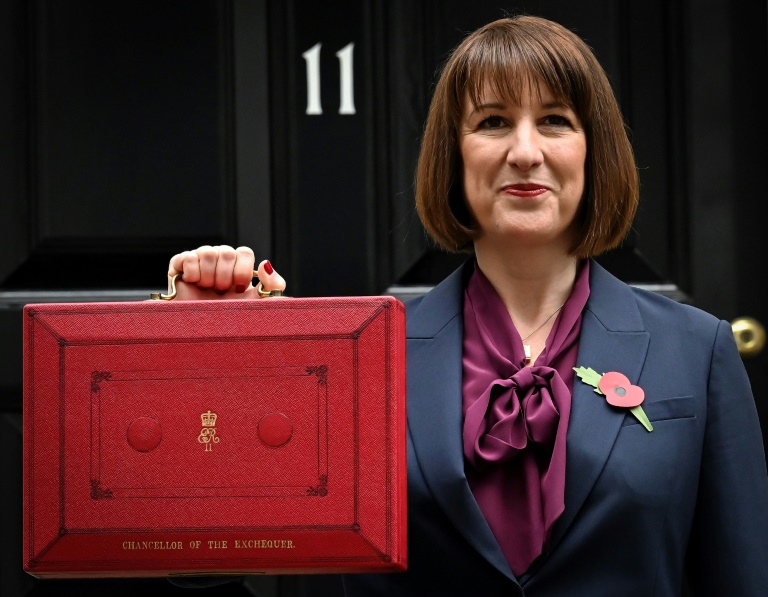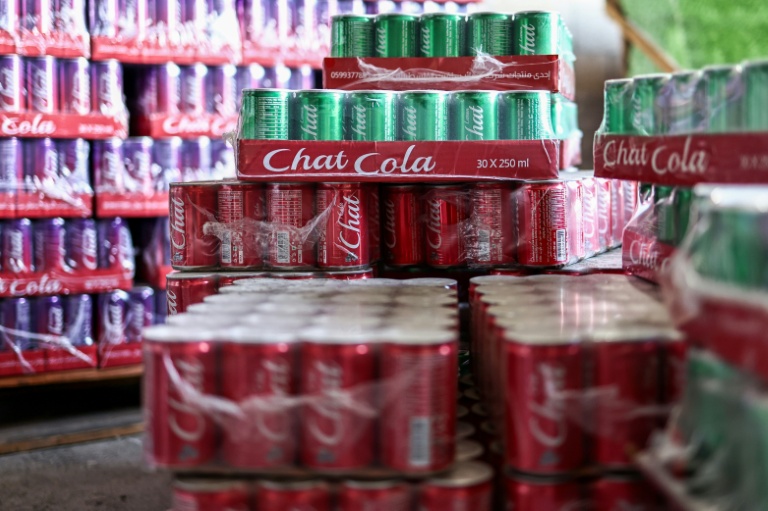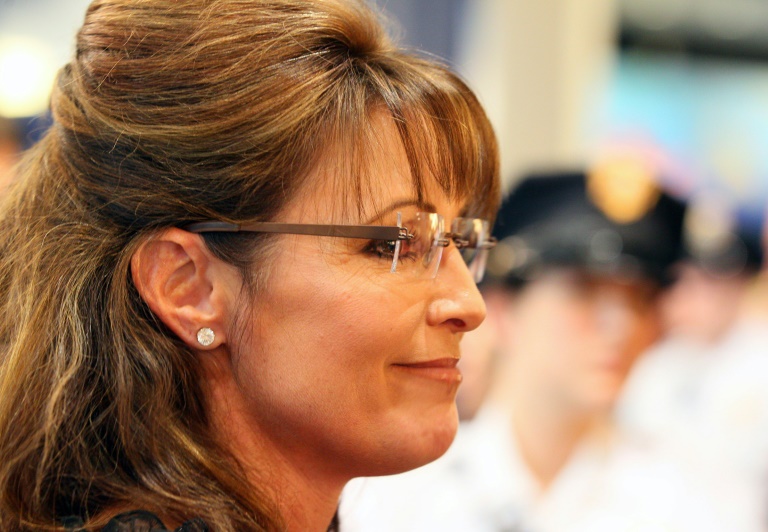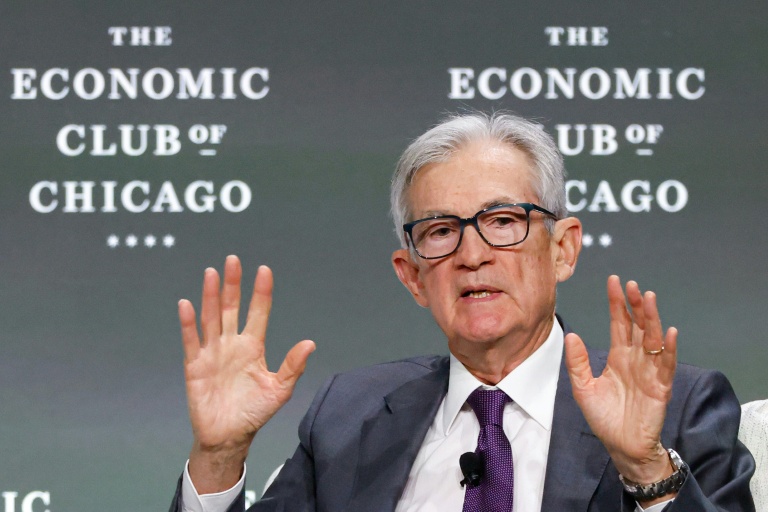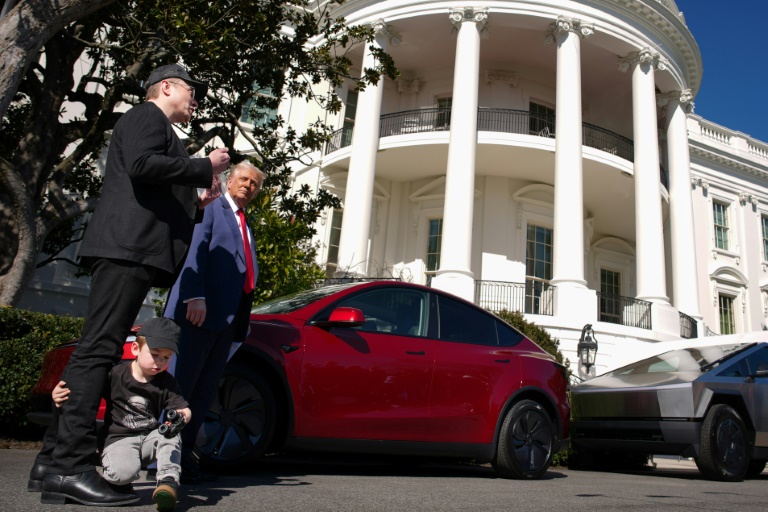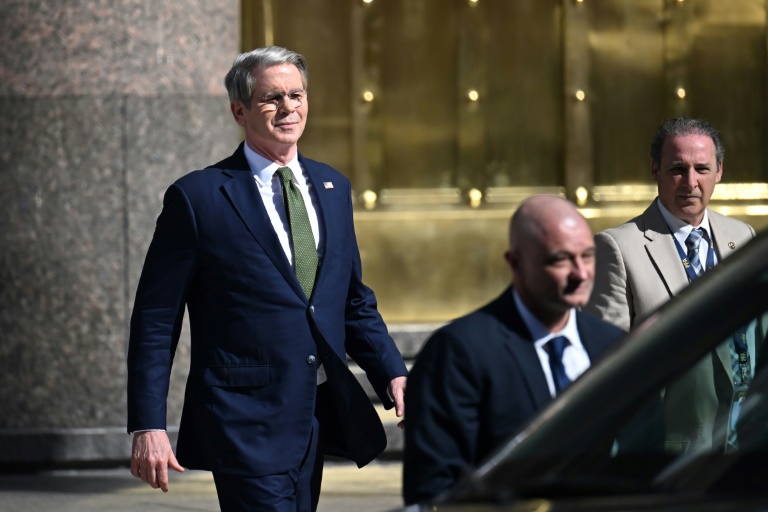Rio de Janeiro (AFP) – G20 leaders gather in Brazil on Monday for a G20 summit set to be dominated by differences over wars in the Middle East and Ukraine, and implications of Donald Trump’s White House return. Security considerations — always high at such meetings — were elevated further after a failed bomb attack late Wednesday outside Brazil’s Supreme Court in Brasilia. Police were probing the two blasts as a possible “terrorist act” committed by a Brazilian perpetrator, whose death was the sole casualty.
The summit venue is in Rio de Janeiro, in the city’s stunning bayside museum of modern art, which is the epicenter of a massive police deployment designed to keep the public well away. Brazil’s leftwing President Luiz Inacio Lula da Silva will be using the opportunity to highlight his position as a leader championing Global South issues while also being courted by the West. That role will be tested in the months and years ahead as Latin America and other regions navigate “America First” policies promised by Donald Trump when he becomes US president in January.
At this G20, it will be outgoing President Joe Biden who will represent the world’s biggest economy, but as a lame duck, the other leaders will be looking beyond. Just before the Rio summit, on Sunday, Biden will make a stop in Brazil’s Amazon to underline the fight against climate change — another issue that Trump is hostile towards.
The G20 meet is happening at the same time as the UN’s COP29 climate conference in Azerbaijan — and as the world experiences dramatic climate phenomena, including in Brazil where flooding, drought and forest fires have taken heavy tolls. At the last G20, in India, the leaders called for a tripling of renewable energy sources by the end of the decade, but without explicitly calling for an end to the use of fossil fuels.
One invited leader who declined to come to Rio is Russian President Vladimir Putin, who said his presence could “wreck” the gathering. Putin denied an International Criminal Court warrant out against him, for Russia’s actions in Ukraine, was a factor in his decision. His foreign minister will represent Russia in Rio. China’s President Xi Jinping, however, will be attending, and will even extend his stay after the summit to make an official visit to Brasilia on Wednesday. China is Brazil’s biggest trading partner, and the two countries have been touting themselves as mediators to help end Russia’s war in Ukraine, so far without success.
That conflict, along with Israel’s offensives in Gaza and Lebanon, will loom large at the summit. “We are negotiating with all the countries on the final declaration’s passages about geopolitics…so that we can reach consensual language on those two issues,” Brazil’s chief diplomatic official for the G20, Mauricio Lyrio, said. Those conflicts will be “the elephant in the room,” Flavia Loss, international relations specialist at the School of Sociology and Politics of Sao Paulo (FESPSP), told AFP. But that should not prevent Brazil from finding consensus on issues that it has made priorities under its G20 presidency, she said, such as the fight against hunger or taxing the world’s super-rich.
Lula, heading up Latin America’s biggest economy, set out his line in May when he said: “A lot of people insist on dividing the world between friends and enemies. But the more vulnerable are not interested in simplistic dichotomies.”
The Rio G20 summit will open on Monday with Lula officially launching a “Global Alliance against Hunger and Poverty.” The initiative aims to rally nations and international bodies to free up financing for that campaign, or to replicate programs that have previously had success. And on the issue of taxing billionaires, the G20 countries already declared a desire to cooperate to bring that about, as set out by their finance ministers who met in Rio in June. It remained to be seen, though, whether the leaders at the summit would pursue that goal, and on what terms.
Following the summit, Brazil hands over the G20 presidency to South Africa.
© 2024 AFP

